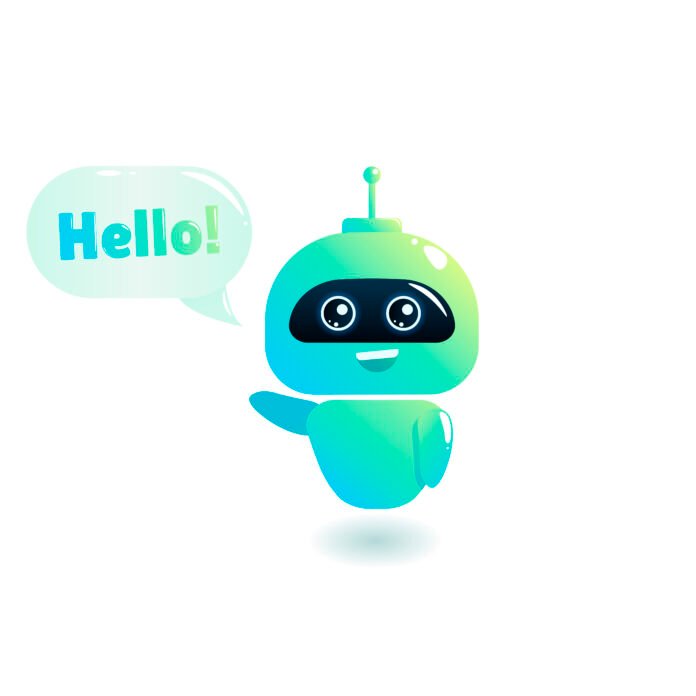One topic that is becoming more and more popular as cell providers update their roaming services is if AI chatbots can take the place of conventional welcome SMS solution. The industry is investigating whether chatbots can replace humans in the role of educating, assisting, and even upselling to roaming clients in light of the advent of conversational AI, app-based interaction, and digital-first user expectations.
Traditional SMS’s Drawbacks:
The standard procedure for alerting customers when entering a new nation has traditionally been to send them a welcome SMS message. They are universally accepted, rapid, and reasonably priced. However, they also have significant drawbacks, such as being text-only, static, and without any genuine chance for two-way communication. The majority include general information regarding package availability or roaming costs, which is helpful but barely interesting. Static SMS messages don’t provide a contemporary roaming experience in a world where customisation and immediate assistance are becoming standard.
The Development of AI-Powered Chatbots:
AI chatbots provide a far more sophisticated and interactive option whether used through messaging applications, web portals, or native mobile apps. Customers may ask questions regarding roaming packs, local network availability, or how to activate a data plan in real time in several languages, rather than passively getting an SMS. To provide highly customised recommendations, these bots may be educated using subscriber behaviour, usage history, and current location. A chatbot may, for instance, automatically alert customers when they’re getting close to their data limit or proactively suggest a daily data pass based on historical consumption trends.
Engagement in Real Time and the Potential for Upselling:
Chatbots may generate significant upsell opportunities in addition to compliance. Imagine a roaming client landing in Paris and getting a rich message that reads, “Welcome to France!” via the operator’s app or WhatsApp. Do you require 2GB of data today? To activate for $5, click the link below.
The consumer may activate the plan with only one tap—no call centre, no SMS codes, and no misunderstanding. In addition to improving the user experience, this quick and easy interaction increases conversion rates and lowers the number of support tickets. In order to turn a regulatory notification into a valuable engagement, operators might also include bots with loyalty programmes, travel-related information, or even linguistic advice.
The Catch: User Access and Channel Readiness:
AI chatbots aren’t yet a complete substitute for welcome SMS, despite their benefits. Not every subscriber makes use of OTT chat services like WhatsApp or the operator’s app. Even without internet connectivity, SMS continues to be the lowest common denominator, guaranteeing that all roaming users receive some kind of communication.
Conclusion: AI chatbots, which provide personalisation, two-way communication, and real-time help, are a significant advancement in the way operators may deal with roaming users. They aren’t yet a complete substitute for the conventional welcome SMS, which nevertheless ensures offline compatibility and worldwide reach. The perfect future? A hybrid strategy that uses chatbots to enhance the experience and welcome SMS to establish contact. Chatbots will probably play a bigger part in roaming engagement as mobile usage becomes more app-centric and AI technologies advance, providing a more intelligent and responsive method to say “Welcome” wherever in the world.











